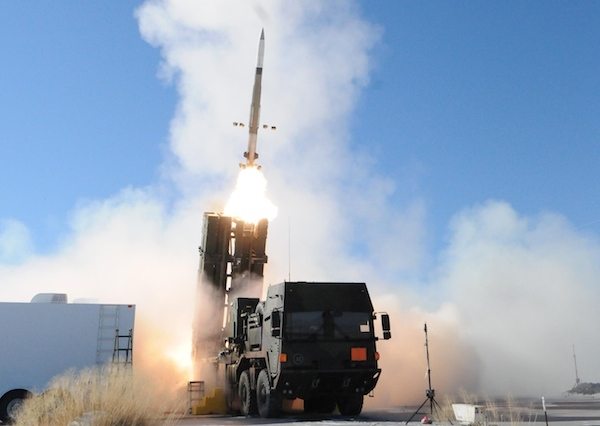New Pentagon chief James Mattis is heading to South Korea and Japan this week, where he will seek to reassure the key US allies about American security commitments in the region.
The defense secretary’s visit marks the first overseas trip of any senior official in the government of President Donald Trump, and comes after the new US leader suggested while campaigning that America’s long-standing role in Northeast Asia could change.
“The trip will underscore the commitment of the United States to our enduring alliances with Japan and the Republic of Korea, and further strengthen US-Japan-Republic of Korea security cooperation,” the Pentagon said in a statement.
On the campaign trail, Trump raised the possibility of Japan and South Korea arming themselves with nuclear weapons, and accused Seoul of not paying its fair share for the 28,500 or so US troops stationed on the Korean Peninsula.
Mattis’s visit comes amid heightened concerns around North Korea’s nuclear ambitions and a simmering row between Tokyo and Seoul over the use of sex slaves during World War II.
According to South Korea’s defense ministry, defense chief Han Min-Koo and his new US counterpart vowed Tuesday to push ahead with a plan to deploy a US anti-missile system this year, despite angry protests by China.
The two allies last year announced the plan to deploy the Terminal High Altitude Area Defense (THAAD) system following a series of atomic and missile tests by nuclear-armed North Korea.
The THAAD plan has infuriated China, which fears it will undermine its own ballistic capabilities and has slapped a series of measures seen by Seoul as economic retaliation.
Mattis will begin his trip in South Korea, where he will meet Han and other senior officials.
Anthony Ruggiero, a North Korea expert from the Foundation for Defense of Democracies, said Mattis could also push for US-South Korea military exercises to go ahead as planned, despite Pyongyang’s expected complaints.
“It was comforting to see the first cabinet-level trip was to East Asia, and in particular focused on North Korea,” Ruggiero said.
‘Mad Dog’
On Friday, Mattis travels to Tokyo for meetings with Defense Minister Tomomi Inada and other officials, the Pentagon said.
Aside from defense concerns, the two Asian countries are locked in a diplomatic row over the wartime use of “comfort women.”
Mainstream historians say up to 200,000 women — mostly from the then-Japanese colony of Korea but also from other parts of Asia including China, were forced to work in Japanese military brothels during World War II.
During his Senate confirmation hearings, Mattis stressed the US strategic interest in its alliances with Japan and South Korea.
“The United States is stronger when we uphold our treaty obligations,” he said.
However, he added, “we expect our allies and partners to uphold their obligations as well.”
Mattis, a retired four-star Marine general, sailed through the confirmation process with overwhelming bipartisan support.
Trump has said he will defer to his defense secretary on key issues, including the future use of torture on jihadist suspects, a move Mattis opposes.
Mattis is well-liked by US troops and lawmakers.
His reputation is one of a colorful former commander prone to swearing on the battlefield.
Marines under his command delighted in his pugnacious aphorisms, and the media dubbed him “Mad Dog,” a nickname he hates.
He has been quoted as saying, “Be polite, be professional, but have a plan to kill everyone you meet.”
Mattis also has a well-known cerebral side: he issued reading lists to Marines under his command, and instructed them that the most important territory on a battlefield is the space “between your ears.”











